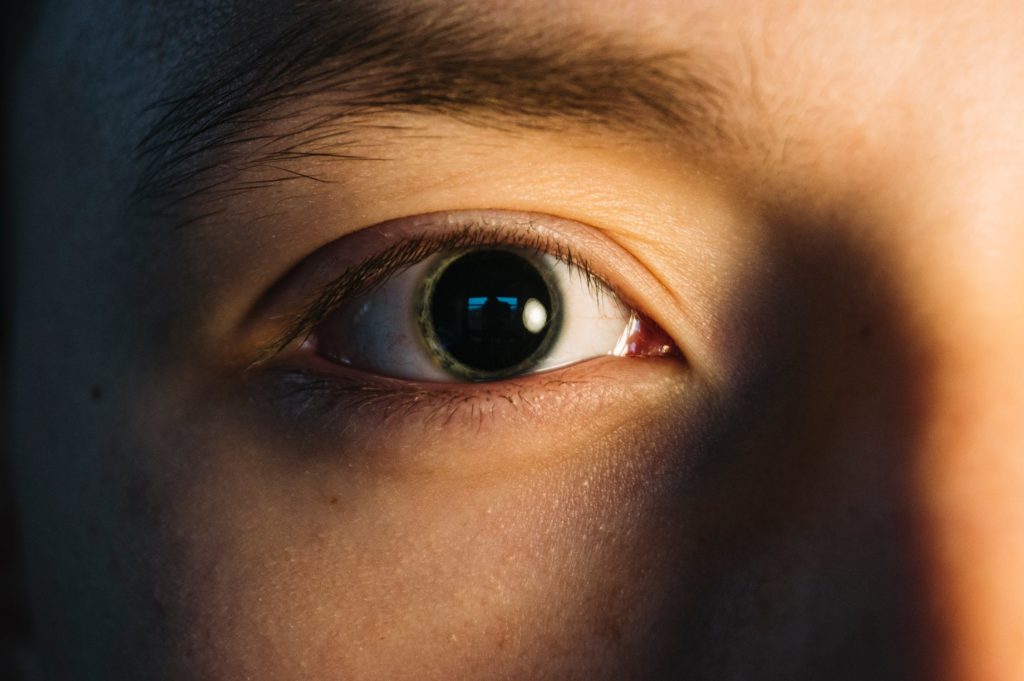In emergencies where an Opioid overdose occurs, it is essential that the people nearby are educated on how best to respond.
In these cases, it can indeed mean the difference between life and death.
America continues to be in the middle of a severe opioid crisis. As such, there is certainly no real shortage of relevant information about treatment for opioid addiction, prevention, and recovery. Although this type of information is vitally important, as it can be used to help save the life of a loved one or prevent them from slipping into an opioid addiction or dependency, it is equally essential to know precisely how to respond to emergencies involving opioid overdoses.
As the cases of opioid deaths around the United States continue to rise, there is a need for us to educate the public about prevention and recognize and respond to opioid overdose signs and symptoms. Similar to other fatal or potentially debilitating medical issues, such as a stroke or a heart attack, time is of the essence in responding to an opioid overdose.
How to Recognizing Symptoms and Signs of an Overdose
The symptoms and signs of a drug overdose will usually vary widely, the person that has overdosed, the substance they have taken, and the amount of time elapsed since the substance was ingested. That said, some common signs of overdoes that people should look out for include:
- A loss of consciousness
- A catatonic state where the individual is awake, but they cannot speak
- Radical changes in the patient’s skin temperature
- Drastic changes in vital signs, including extreme body temperature changes or changes in their pulse
- Abdominal pain, diarrhea, vomiting, or nausea
- Irregular, slow, or rapid heartbeat
- Pupils that are dilated or constricted
- Feelings of restlessness, confusion, anxiety, or sleeplessness
- Shallow breathing, rapid breathing, or shortness of breath
- Hallucinations
- Seizures
Any of these signs or symptoms could signal an overdose and requires immediate attention.

What to Do in Case of an Overdose
When you are in the presence of an individual exhibiting the signs and symptoms of a drug overdose, your first response should be to dial 911. Chances are, the operator will ask you to answer questions regarding the type of substance the individual has taken and how long it has been since they took that substance. It is perfectly fine if you do not know the answer. However, if you do know the answer, you must tell the operator the truth because it could mean the difference between life and death for the person you are calling about.
The operator will likely give you a list of instructions that you should follow. That can include helping to change the overdose victim’s position and performing CPR. It is not uncommon for bystanders to be fearful of calling for help in certain overdose cases. Usually, this is because there is a fear that either they or the individual that has overdosed will somehow get into trouble.
Like in many other states, the Good Samaritan 911 law applies in Pennsylvania. That law grants certain immunities from prosecution to an overdose victim and anyone who called for assistance in an overdose situation. Although this law will not protect individuals who have self-reported their own overdose and it will not guarantee them immunity from firearms and drug trafficking charges, it provides a level of reassurance for those who may be hesitant about reporting a suspected drug overdose.
Regardless of the situation that you find yourself in, a phone call can have the power that can save the life of someone in need.
If available, bystanders can use Narcan (also known as naloxone) in addition to calling 911 for assistance when an overdose occurs. Although Narcan is a medicine that will rapidly reverse an opioid overdose, it may also be helpful in other overdose situations, especially if you are not sure what substance the individual has ingested. Narcan can be purchased over the counter in most places and should be part of every emergency or first aid kit.
How to Preventing Overdoses in Seniors and Children
People often mistakenly associate overdoses with excessive use or abuse of opioids or illegal substances. However, overdoses commonly occur in children and in older adults that either accidentally or mistakenly ingest medications. All medicines should be kept in locked areas or places that young children cannot access to prevent overdoses from happening in children. It is also not uncommon in certain situations for an older adult to mistakenly ingest too much medication, especially if their cognition or sight is limited. One way to prevent this is to use pillboxes to distribute appropriate dosages.

Overdoses Due to Medication Errors
Medication errors can occur when a pharmacist, nurse, or doctor is negligent when prescribing medication. Although accidental overdoses can and do happen, if an individual overdoses due to the mistake of a pharmacist or healthcare professional, they may be eligible for compensation.
Medication errors that result in overdoses and other types of medical negligence can occur for many reasons but are commonly tied to improper safety precautions, fatigue, understaffing, and poor communication. Some of the most common types of medication errors that a pharmacist might make that can result in an accidental overdose include:
- Providing the wrong medication
- Providing the wrong dosage of medication
- Mixing the medication improperly
- Mixing the medicine with another medication
- Proving medication that was meant for another person
Philadelphia Personal Injury and Medical Malpractice Attorneys
If you have additional questions about how to spot an opioid overdose or, similarly, if you or a loved one has suffered an overdose because your pharmacy filled the wrong prescription or made some other type of careless mistake, you should contact a medical malpractice attorney as soon as possible.
The team at Thistle Law has decades of legal experience and will help you get the compensation you deserve. We are a family-owned practice, we handle all of our cases ourselves, and we always stand for honesty and integrity. Get your free consultation today or call us at 215-525-6824.

